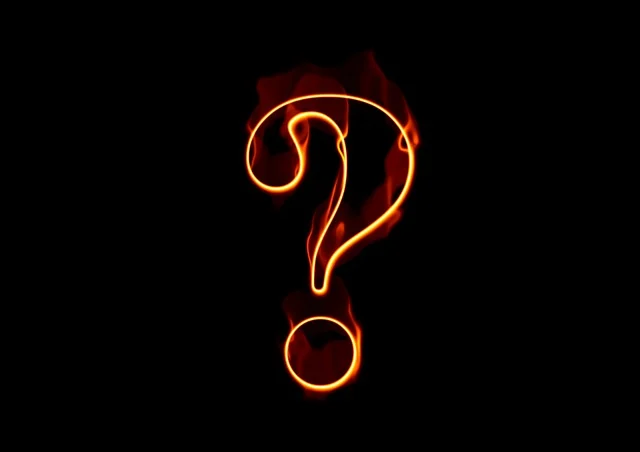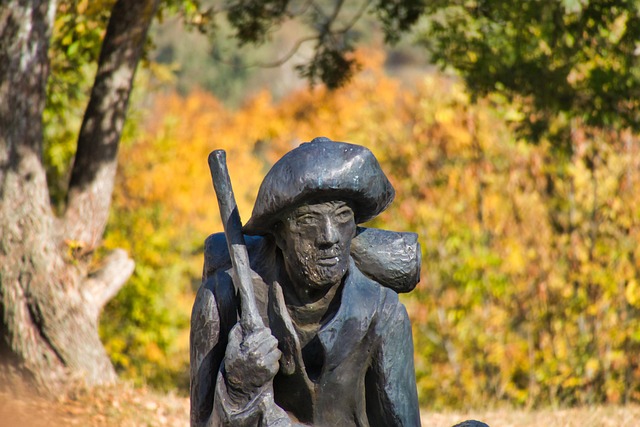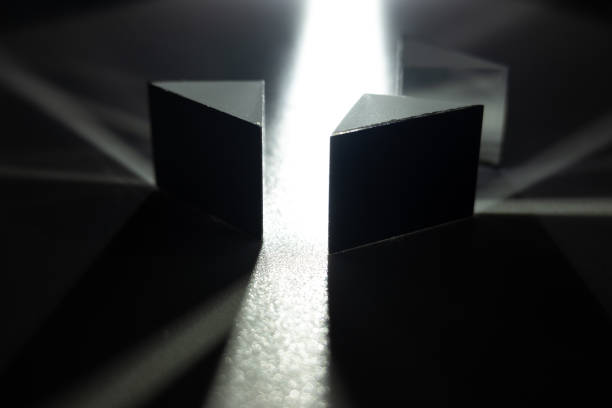Mucha and Ketchum Meaning: Origins, History, and Cultural Significance
Introduction
Words are powerful. They are not just tools of communication but carry deep cultural, historical, and emotional meaning. Among many fascinating words that spark curiosity are “Mucha” and “Ketchum.” At first glance, these may seem simple, but their meanings extend far beyond the surface.
In this article, we will explore the meaning of Mucha, the meaning of Ketchum, their origins, cultural significance, and why these words continue to attract attention worldwide.
The Meaning of “Mucha”
The word “Mucha” has different meanings depending on the context and language.
-
In Spanish:
-
“Mucha” is the feminine form of “mucho,” meaning much or a lot.
-
Example: Mucha gente → “many people.”
-
It expresses abundance, plenty, or intensity.
-
-
As a Surname (Mucha):
-
In Central and Eastern Europe, “Mucha” is also a surname.
-
The most famous personality with this surname is Alphonse Mucha (1860–1939), a Czech painter and decorative artist known for his distinctive Art Nouveau style.
-
His work is celebrated for its floral designs, graceful women, and symbolic patterns.
-
-
In Cultural Usage:
-
In casual speech, “mucha” can symbolize greatness, importance, or intensity.
-
In art and fashion, “Mucha” is strongly tied to the elegance of the Art Nouveau era.
-
Thus, the word “Mucha” holds meanings of abundance, artistic expression, and identity.
The Meaning of “Ketchum”
The word “Ketchum” also has multiple dimensions.
-
As a Surname:
-
“Ketchum” is an English surname of Old French origin, likely derived from “Kitchin” or “Catchpole.”
-
It was historically used to describe people connected with law enforcement or households.
-
-
Geographical Usage:
-
“Ketchum” is also the name of a city in Idaho, USA, known for its skiing, mountains, and scenic landscapes.
-
-
In Popular Culture:
-
The most famous use of the name is Ash Ketchum, the main character in the global phenomenon Pokémon.
-
His name symbolizes determination, adventure, and the dream to “catch ’em all.”
-
-
Symbolic Meaning:
-
The word “Ketchum” often represents persistence, exploration, and identity.
-
In pop culture, it has become synonymous with youth, growth, and achievement.
-
Comparing “Mucha” and “Ketchum”
Though the words come from completely different linguistic and cultural backgrounds, both share a common theme: identity and expression.
-
Mucha → Abundance, art, beauty, and cultural heritage.
-
Ketchum → Adventure, determination, and personal identity.
Together, they symbolize how language can shape art, culture, and imagination.
The Legacy of Alphonse Mucha
No discussion of “Mucha” would be complete without mentioning Alphonse Mucha.
-
His posters, illustrations, and jewelry designs defined the Art Nouveau movement in the late 19th and early 20th century.
-
His works combined nature, mythology, and femininity into timeless art pieces.
-
Today, “Mucha style” still influences fashion, advertising, and design.
Thus, the name “Mucha” has become more than a word — it is a symbol of artistic genius.
The Cultural Power of Ketchum
Similarly, “Ketchum” has cultural power.
-
In literature and history, it remains a family name with deep roots.
-
In geography, Ketchum, Idaho, is a hub of tourism and culture.
-
In pop culture, Ash Ketchum is a household name, inspiring millions of children worldwide.
This shows how one word can embody place, family, and inspiration.
How Words Like “Mucha” and “Ketchum” Influence Identity
Words are not just sounds. They are symbols of culture and identity.
-
“Mucha” connects people to language, art, and abundance.
-
“Ketchum” connects people to heritage, geography, and adventure.
Together, they remind us that words can inspire creativity, preserve culture, and shape imagination.
Modern Relevance
-
In branding, marketing, and social media, words like “Mucha” and “Ketchum” carry symbolic value.
-
Artists, writers, and entrepreneurs often choose names with history and depth to connect with audiences.
-
The legacy of Alphonse Mucha’s art and Ash Ketchum’s journey prove how words can live for generations.
Conclusion
The words “Mucha” and “Ketchum” may come from different worlds — one from Spanish and European art, the other from English roots and global pop culture. Yet, both remind us of the power of language, heritage, and creativity.
-
“Mucha” → Abundance, art, identity.
-
“Ketchum” → Adventure, persistence, imagination.
In a world where words shape culture, these two continue to inspire artists, dreamers, and storytellers.














Post Comment